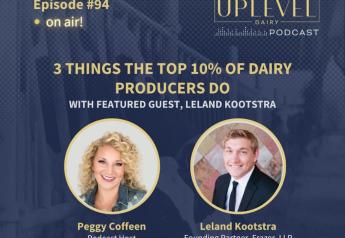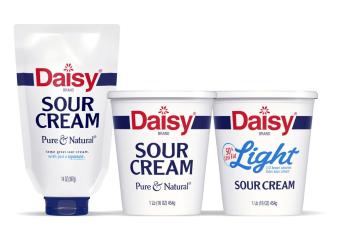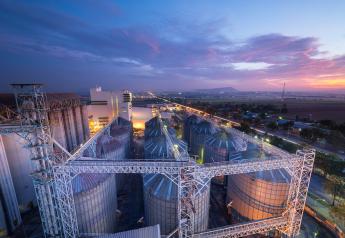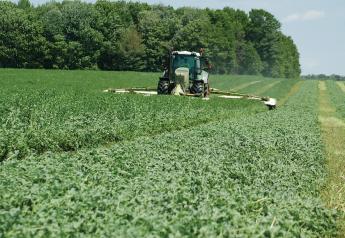New York Farmer Urges NYC Mayor to Keep Chocolate Milk in Schools
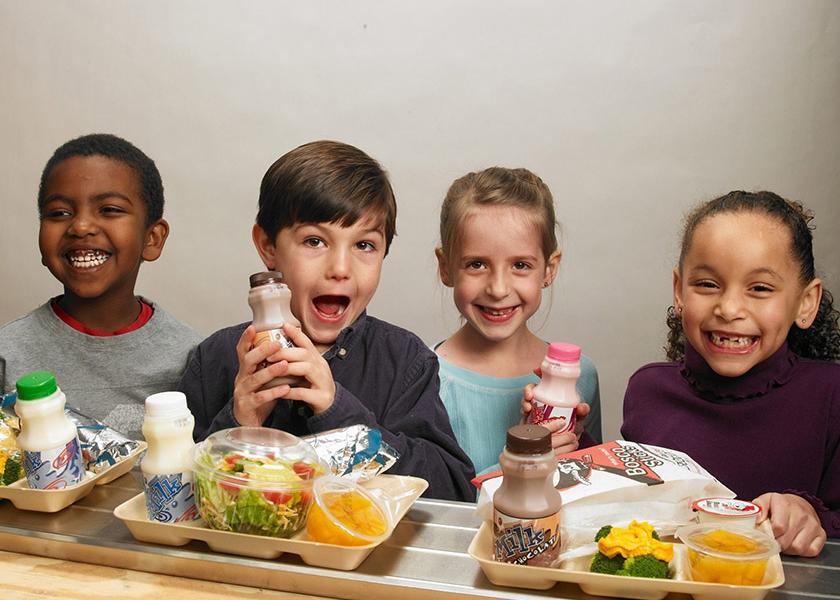
When New York dairy farmer Nate Chittenden learned that New York City’s mayor wants to ban chocolate milk in schools, he shook his head. Another politician pushing an agenda, but this time it touched home, being a little too close for comfort.
Thankfully, some state and federal lawmakers sided with dairy farmers, like Chittenden, urging the mayor to reconsider.
“We’re doing a big disservice to our farmers and to our children by banning it,” Assemblyman Chris Tague (R-Schoharie) says. “It just doesn’t make any sense when kids can go to the soda fountain or soda machine and buy sugary drinks when they have flavored milk products available to them with their school lunch.”
Tague, along with other members of his party, sent Mayor Eric Adams a letter last week arguing that not only will banning chocolate milk take away a nutritious beverage from growing children, but it will also hurt upstate dairy farmers like Chittenden.
Chittenden and his family sell to Agri-Mark Cooperative and are also part of a small dairy farm cooperative, called Hudson Valley Fresh, that helps supply milk to New York City schools.
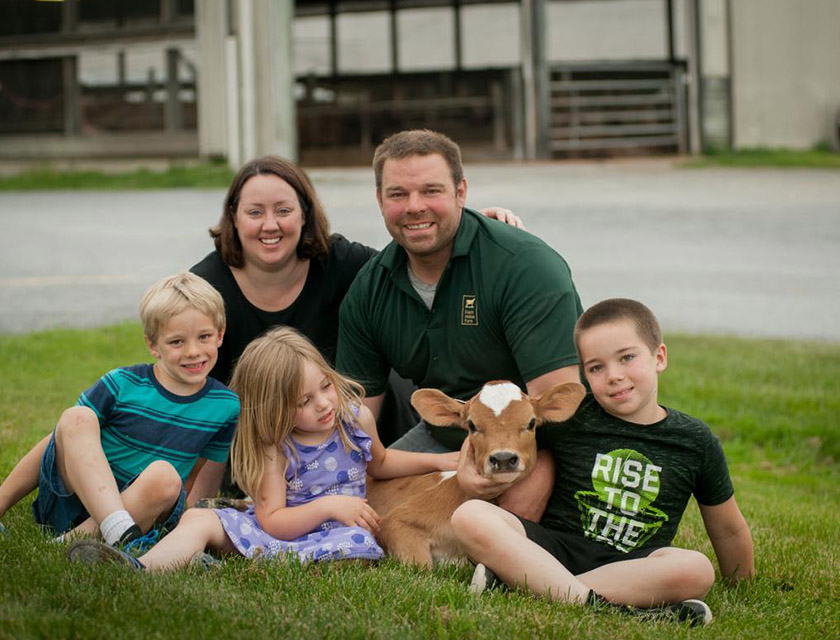
“I think it's easy to assume that upstate farmers or any New York farmers are going to be financially impacted by any reduction in milk consumption in New York state,” he remarks.
The family also owns and operates Dutch Hollow Farm in Schodack Landing, N.Y. where they milk 800 registered Jersey cows and farm 2,000 acres.
“The cost of doing business gets shared among the 670 farms that are in our [Agri-Mark] co-op, but it's going to cost us. At the end of the day, economically I will be worse off as well as the other farms,” he says.
Milk’s Nutritional Value
As a father of three, Chittenden also addresses what banning chocolate milk will mean nutritionally from a parent’s point of view.
“I think it's easy to demonize chocolate milk because it uses the word ‘chocolate’ and therefore must be full of sugar and it's bad for you in life. When the reality is that chocolate milk has been reformulated in schools to make it a healthier option by reducing the sugar,” he says. “If you take that choice away from kids, what's the next thing they're going to drink? There is nothing that they're going to put on that child tray that’s a better option for healthy nutrition than milk.”
Congressional members explained in the letter to Mayor Adams that chocolate milk is an “essential way that kids get the nutrients they need for healthy growth and development.”
Beyond the clear nutritional facts about milk, studies also show that chocolate milk is a fan favorite in schools. MilkPEP shares the most recent data illustrating that 67% of the milk that is moved through schools is flavored. The dominant flavor by far is chocolate, as it made up 59% of the milk volume, with strawberry at 7% and the remainder of 1% was other.
It’s unclear just when Mayor Adam will make his decision on banning chocolate milk from New York City public schools. However, an Adam’s spokesperson responded saying, “We have received the letter, we will review, and we will make a determination of what is best for our students.”
It is also known that the Mayor is a strong supporter of a vegan diet and instituted “Vegan Fridays” in the city public schools. Although the Mayor did co-sign a bill to put whole milk back into schools.
“What bothers me the most is that we are trying to set up our children to be making healthy food decisions for their entire lives. You know, I don't want somebody that's living a vegetarian lifestyle or a vegan lifestyle to feel like they're being forced to drink milk if they don't want to. Ultimately, it’s about having choices,” Chittenden says. “It’s a good thing.”


